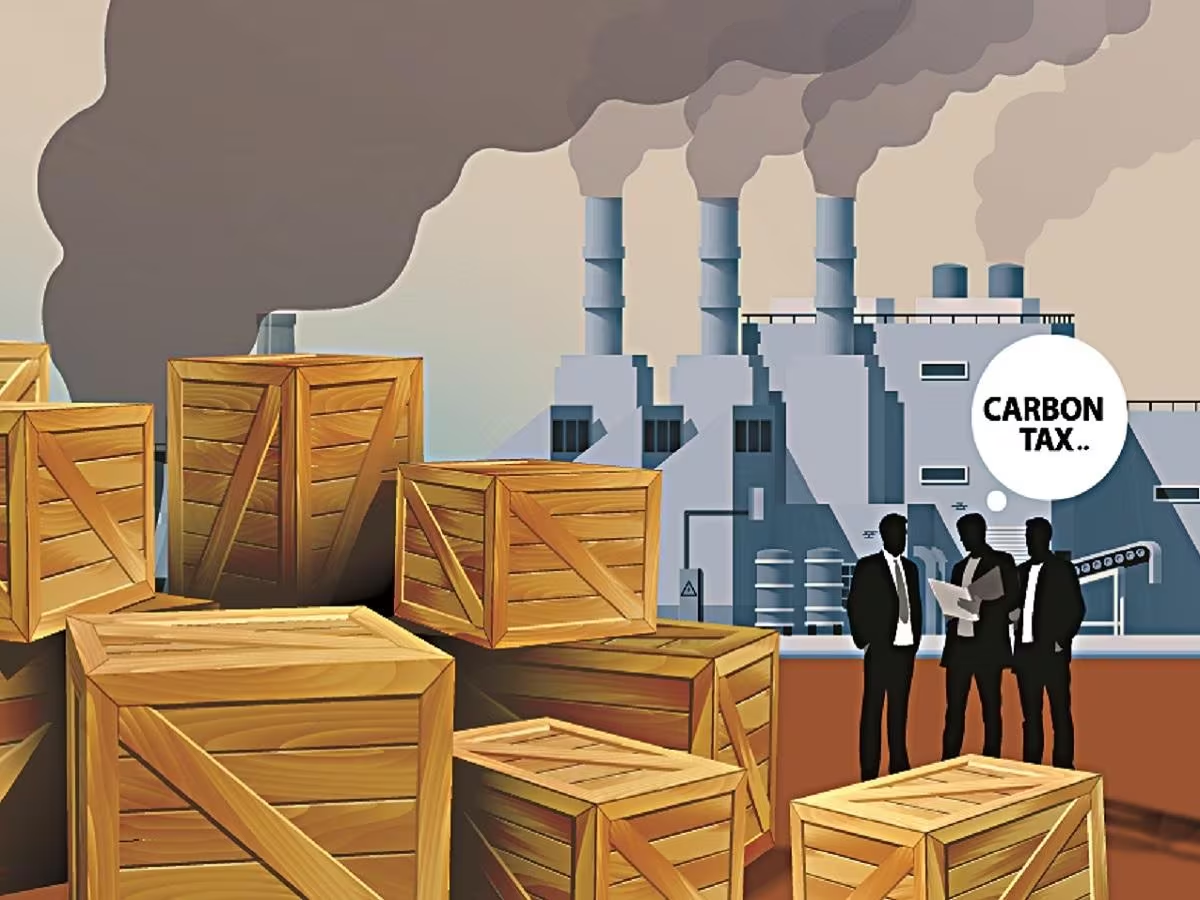In Short : Albertans are set to receive federal carbon tax rebates in their bank accounts, starting Monday. However, the province asserts that without the carbon tax, residents would be better off. This highlights the ongoing debate about the economic impact and effectiveness of carbon pricing mechanisms.
In Detail : Ottawa’s “winter pollution pricing rebate” — a quarterly rebate — will be sent out via direct deposit starting Monday with most Alberta families of four qualifying for a $386 return
The final carbon tax rebate of the 2023/24 fiscal year is scheduled to arrive in many bank accounts early this week, but the provincial government insists Albertans would be better off without the tax at all.
Ottawa’s “winter pollution pricing rebate” — a quarterly rebate — will be sent out via direct deposit starting Monday with most Alberta families of four qualifying for a $386 return.
The office of federal Environment Minister Steven Guilbeault said the money helps offset cost of living increases while providing an incentive to switch to cleaner technology
“The federal pollution pricing system is not only supporting the everyday affordability challenges of Canadians, but is a key part of our plan to fight climate change,” his office said in a news release.
The payments will go out to Albertans and other Canadians living where the federal carbon tax is applied who have filed their taxes.
Residents of Manitoba, Ontario, Saskatchewan, New Brunswick, Nova Scotia, P.E.I. and Newfoundland and Labrador also receive rebates, though all receive less than Alberta, based on a family of four.
The federal government’s finance department claims eight out of 10 households receive more money back through the pollution price rebate than they pay.
The office of Alberta Finance Minister Nate Horner issued its own statement, reiterating its call for the carbon tax to be eliminated.
“While we remain focused on lowering costs for Albertans, the federal government continues to make life more expensive,” it states.
It goes on to reference the federal government’s decision to exempt the carbon tax on home heating oil for a period of three years, a move widely perceived to be to the benefit of Atlantic Canada where the fuel is most commonly used.
“The home heating oil carbon tax carve-out does not benefit people across the country equally. If minister Freeland and others in her government were serious about keeping life affordable for Canadians, they would not penalize us according to where we live and which members of Parliament we elect,” Horner’s statement said.
Earlier last week, the federal environment minister and Alberta Premier Danielle Smith renewed on social media a war of words with Guilbeault contrasting the carbon tax rebate with the Jan. 1 partial reinstatement of the provincial fuel tax.
Smith has described the province’s relationship with Guilbeault as untenable and called for his removal from the environment minister role.
“I can’t work with Steven Guilbeault with the way that he’s treated us,” she said to Postmedia in a December 2023 interview.
The two governments have also clashed over Ottawa’s draft clean electricity regulations as well as over plastics and battery-powered vehicles.

